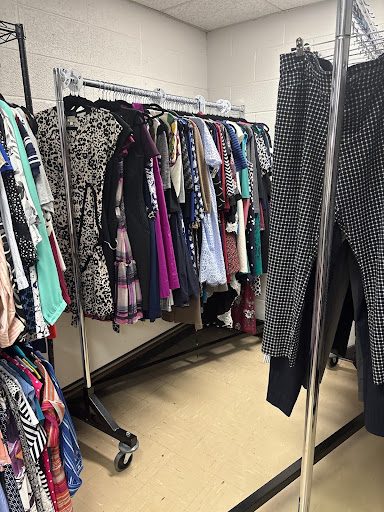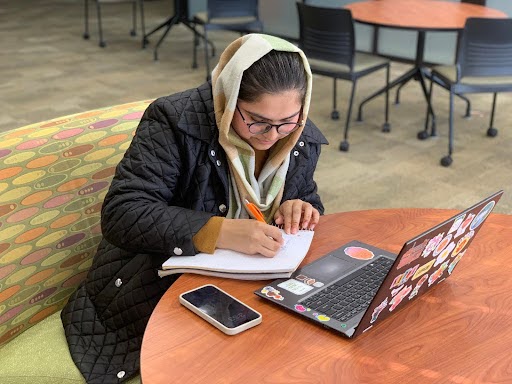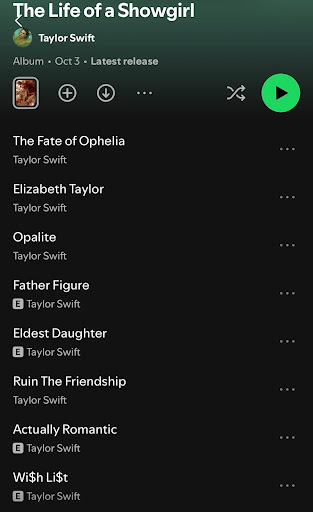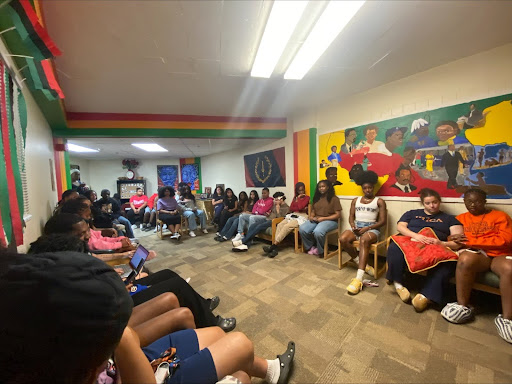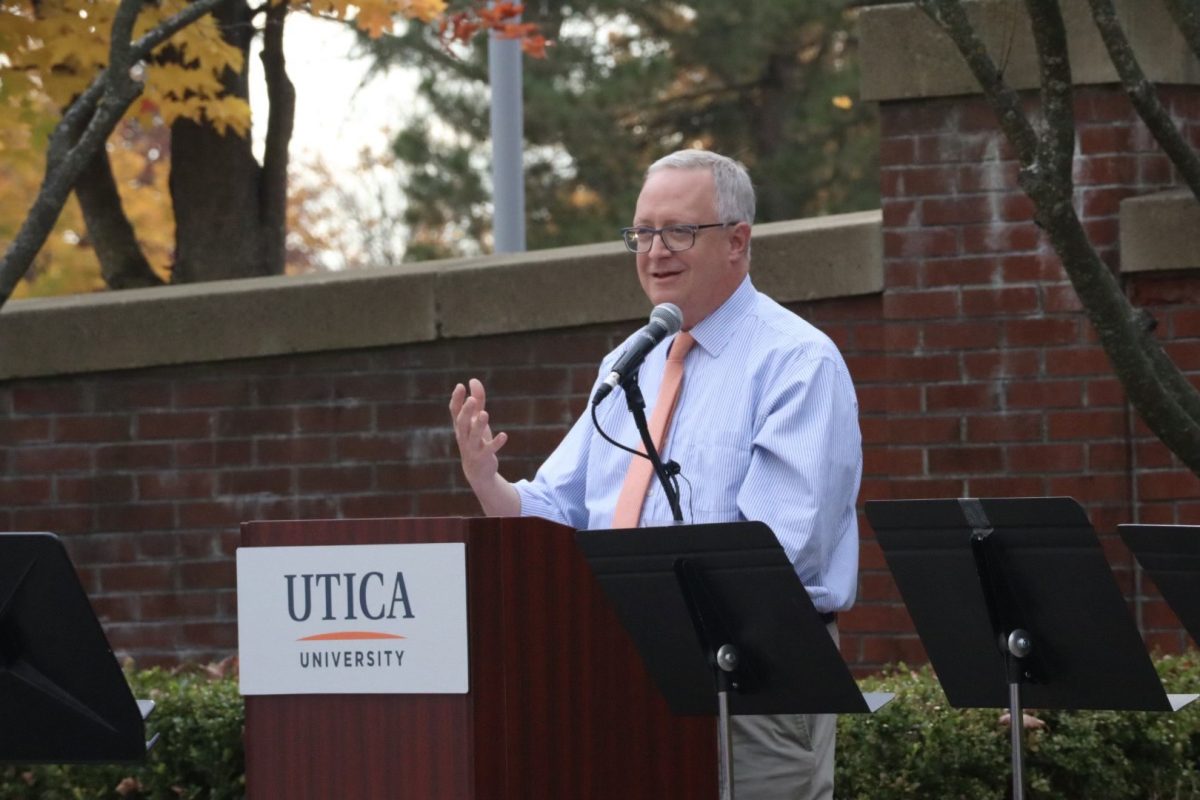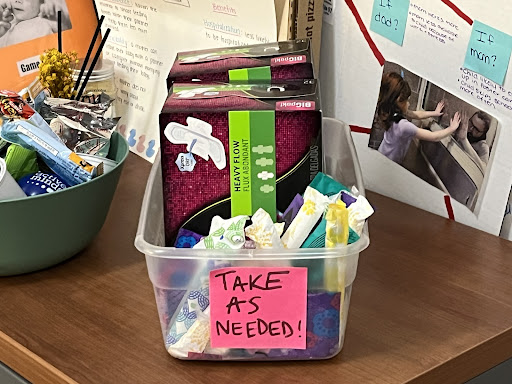
Utica University’s fall 2021 semester included 2,658 female students, which made up more than 60% of its overall student population, according to data from the National Center for Education Statistics. Despite that, menstrual healthcare products are noticeably missing from most campus bathrooms, leaving students on campus to struggle on their own.
Some students have voiced their frustrations over the lack of tampons and pads provided in the bathrooms on campus.
“There are pretty much no menstrual products in any of the school bathrooms,” junior health sciences major Lauryn Munson said. “We can’t choose to have our periods. It’s something that should be accessible to all students.”
Munson said there is a sense of unfairness in the issue, as male condoms are provided in every bathroom on campus, but not crucial personal healthcare products.
One student, a junior psychology major who asked to remain anonymous, also questioned why the availability of products are restricted to certain locations.
“I once had to go from the library to the TRIO office for products,” the student said. “Why don’t we have [period] product access in all bathrooms? It would help us from having to travel all around campus for [them].”
Kingsley Przytula, a third year child life psychology major, offered the perspective of someone typically even further restricted from period product access.
“As a transmasculine person, asking someone else for a pad or tampon can be uncomfortable or even painful because of gender dysphoria,” Przytula said. “Having period products provided in bathrooms would really help in that way.”
Assistant professor of psychology Kaylee Seddio has been strongly advocating for the implementation of period product access on campus, recounting a particular encounter that sparked motivation.
“On the second or third day of classes, I overheard two students asking each other if they had a tampon or a pad,” Seddio said. “Neither of them did, and I actually had to run out to help them because, of course, there wasn’t anything available in the bathroom.”
According to Seddio, the issue has impacted academics, with some students being unable to attend class because they do not have the access to products they need.
“I’ve had students in the middle of class activities need to leave because they started their period with nothing to help them available,” Seddio said. “It makes my job as a professor harder, because those students are missing class time, at no fault of their own.”
Ariel Rios, the executive director for the Health and Wellness Center, said this is something that was recently brought to their attention a few weeks ago by professor Arlene Lundquist.
“She came to us to get more information, and to tell us about how she had noticed that there aren’t really any dispensers or areas for students to get tampons or pads,” Rios said.
From there, the Health and Wellness Center performed research and Associate Director of Health and Wellness Bethany VanBenschoten looked at what is currently established.
“We actually have had some of these products in some locations,” VanBenschoten said. “Specifically in [the Strebel] gender neutral bathroom. But, it’s behind a few doors, so it’s not the most accessible of places.”
According to VanBenschoten, some action has already been taken for products to become available in bathrooms. A potential partner the Health and Wellness Center is considering is a company named August.
“August is a young company created by two college students who recognized the need for tampons and pads on campus,” VanBenschoten said. “They are all about sustainability and access.”
Currently, according to VanBenschoten, work is being done to finalize a proposal, including cost analysis and implementation, in order to provide more products across campus.
In the meantime, the Health and Wellness Center urged students to use products that are available to them right now.
Free tampons and pads are currently available in the Strebel Student Student gender neutral bathroom, the Francis A. Wilcox Intercultural and Student Organization Center, the Health and Wellness Center and the Tangerine Grove Food Pantry.
The importance of getting more out and available, no matter the cost, is something that should be on the radar of all in power to change it, Seddio said.
“So many people don’t even realize this is such a big issue,” Seddio said. “At this point, it is not a budgetary issue, it’s a student success issue.”

